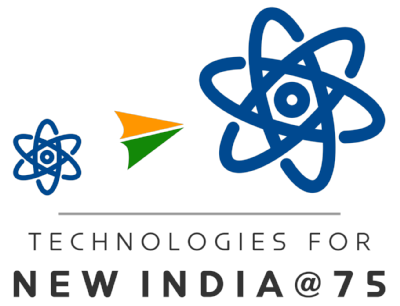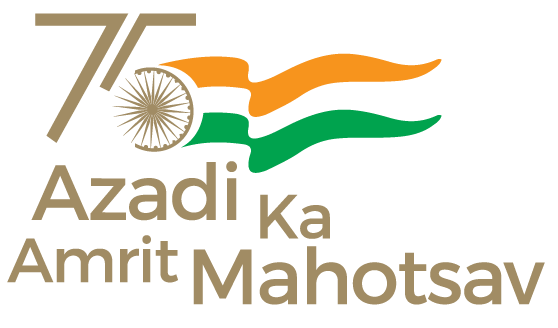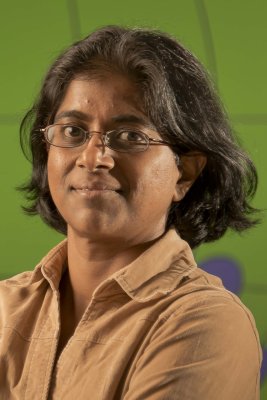  | Colloquium # 319
Inertial Confinement Fusion: Overview, Status, and Path Forward
By
Prof. Radha Bahukutumbi
Laboratory for Laser Energetics
University of Rochester, Rochester NY
Thursday, Feb 9 2023 at 3:30 PM
|

Abstract
Laser driven Inertial Confinement Fusion (ICF) implosions offer the potential for fusion energy that could radically change the energy landscape. However, achieving the conditions required for such output is challenging in ongoing implosion experiments. The physics of ICF implosions are difficult to unravel because of their highly coupled and nonlinear nature, and the limited knowledge of experimental conditions such as nonuniformities on ICF capsules or those imposed by the laser. Recent successes at the National Ignition Facility offer proof-of-principle that ICF implosions could someday be viable as an energy source. In this talk, the physics of laser driven ICF is discussed. A combination of multi-dimensional hydrodynamic simulations and experiments are presented as techniques to understand, better model and predict the performance of ICF implosions. The more recently developed physics informed data-science techniques that have resulted in improved implosion performance are also described. The path forward for ICF is presented.
About the speaker
Radha Bahukutumbi is currently a Distinguished Scientist in the Integrated Modeling Group at the University of Rochester’s Laboratory for Laser Energetics. Her current interests include the understanding of the physics of laser-energy coupling and growth of nonuniformities on implosion performance in direct-drive implosions. Radha also enjoys identifying challenges related to nuclear astrophysics that can be addressed using high-power lasers. She came to LLE in 1997 after completing her Ph.D. in Theoretical Nuclear Physics at the California Institute of Technology to work on modeling of direct-drive–related physics including multidimensional hydrodynamic codes and particle transport in plasmas. She is one of the primary authors of the hydrodynamic code DRACO (used to model direct-drive plasmas) and the particle transport code IRIS (used to calculate and interpret neutron and charged-particle observables in implosions). Her work in room-temperature implosions was the first to include detailed simulations and experimentally identify the role of shell stability in direct-drive implosions. Radha led direct-drive research at the National Ignition Facility to study various aspects of direct-drive until 2017. Prior to her current position, Radha led the Integrated Modeling Group and was Chair of the High-Performance Computing Group at LLE. She has served on several panels and committees reviewing inertial confinement fusion, including as an advisor to the Under Secretary of Energy for Science on the National Ignition Campaign. Radha also leads a group of women at LLE (Women in Science and Engineering at Rochester) with the goals of hiring, mentoring, and retention. She received the Fusion Power Associates Leadership award in 2021. Radha is a fellow of the American Physical Society.

